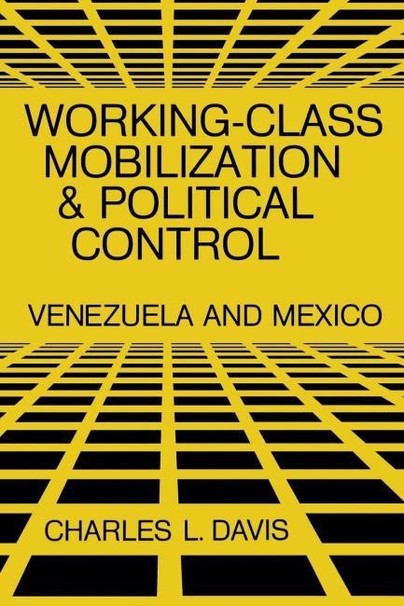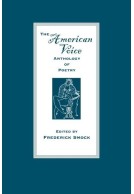Working-Class Mobilization and Political Control (Paperback)
Venezuela and Mexico
Imprint: University Press of Kentucky
Pages: 224
Illustrations: Illus
ISBN: 9780813152165
Published: 15th July 2014
Script Academic & Professional
Pages: 224
Illustrations: Illus
ISBN: 9780813152165
Published: 15th July 2014
Script Academic & Professional
This book will be reprinted and your order will be released in due course.
You'll be £23.00 closer to your next £10.00 credit when you purchase Working-Class Mobilization and Political Control. What's this?
+£4.99 UK Delivery or free UK delivery if order is over £40
(click here for international delivery rates)
Order within the next 3 hours, 44 minutes to get your order processed the next working day!
Need a currency converter? Check XE.com for live rates
(click here for international delivery rates)
Order within the next 3 hours, 44 minutes to get your order processed the next working day!
Need a currency converter? Check XE.com for live rates
Historically, Latin American political regimes have sought to postpone far-reaching economic reforms and improvements in living standards in order to facilitate the accumulation of private capital. These goals have led to exclusion of the lower classes from the political process altogether or to efforts to control their political mobilization. The ability of governments to maintain such control has often been attributed to the lack of political sophistication by the working class or to the distribution of benefits through patron-client networks designed to preserve the hegemony of ruling parties.
Using new survey data from 500 industrial workers in Mexico and Venezuela, Charles L. Davis now questions these conventional explanations and two others: that industrial workers are part of a "labor aristocracy" and are therefore content with the performance of the capitalist regimes, and that political control is exercised through restriction of partisan competition and thus of opportunities for workers to challenge developmental priorities and public policy goals.
Davis's study demonstrates that working-class mobilization is more firmly controlled in Mexico's one-party dominant political system than in Venezuela's two-party system. He finds little evidence that political participation in either country is guided by labor unions with ties to dominant parties. Nor are these workers content with the performance of the regimes or lacking in political sophistication. The primary explanation for their psychological disengagement from politics and avoidance of protest voting appears to be the lack of meaningful electoral options.
Davis's two case studies provide important new insights into an issue that appears certain to remain ex-plosive as dissident labor leaders in Latin America seek to mobilize working-class opposition to existing state developmental strategies.
Other titles in University Press of Kentucky...















